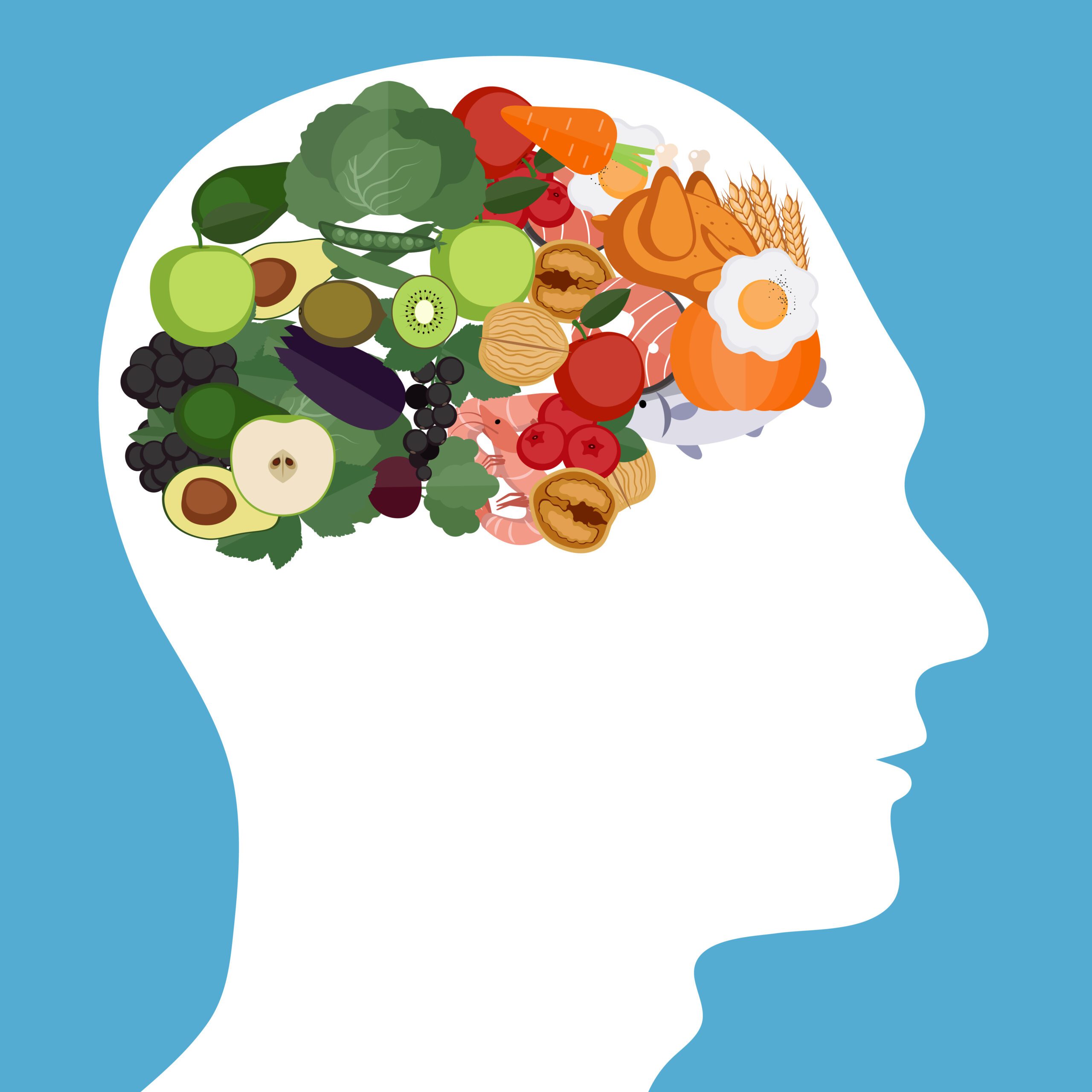
Is Ginkgo Biloba Really a “Brain Food”?
You may have already heard of Ginkgo Biloba . . . in fact, I’d be surprised if you hadn’t! The extract, which is derived from the leaves of the Ginkgo biloba tree, has been commonly used in Chinese treatments for thousands of years. Today, it’s enjoying mainstream popularity in the United States, and is one of the best-selling supplements in the country.
Many believe that taking the extract on a regular basis can help treat a host of problems and ailments, such as cognitive function, dementia, ADHD, depression, and other psychological impairments. While others claim it also helps to ease arthritis pain, clogged arteries, and diseases such as multiple sclerosis, most of the implied benefits have something to do with the mind, and as such, Ginkgo biloba has been called one of the best brain foods.
But is this miracle herb really good for your brain?
Even though there is still room for more studies, results are all pointing to a resounding yes! You see, Ginkgo is a great antioxidant and serves as an effective vasodilator – a compound that relaxes capillaries and helps boost brain circulation. The idea is that just like the rest of your body, which needs oxygen-rich blood to perform better, your brain will also benefit from blood that contains a higher concentration of oxygen.
In fact, a UCLA study found “significant improvement in verbal recall among a group of people with age-associated memory impairment” after taking Ginkgo for only six months. The UCLA study used positron-emission tomography (PET) and found that for people taking Ginkgo biloba, improved recall correlated with better brain function in key brain memory centers.
You don’t even have to take a lot of it to enjoy the benefits; studies have shown that the average adult should take between 120 to 600mg, with 240mg being the most common dose. Patients suffering from dementia are usually given 120mg a day, but spread out into three portions throughout the day of 40mg each.
With studies continuing to show the enormous benefits of taking Ginkgo biloba, more and more people are realizing how powerful it really is. As a result, it’s the best-selling supplement in the United States and Europe. Americans alone spent over $109 million in 2009, and the numbers continue to rise. It’s not just a fad – this brain boosting supplement was used in East Asia for centuries upon centuries to treat everything from coughs to bladder infections.
Just because it has Ginkgo in its name doesn’t mean it’s good for you, though. Taking Ginkgo seeds can be very dangerous for you, and can cause seizures and death. Stick with treated Gingko extract and supplements, and talk with your doctor before taking if you suffer from diabetes or epilepsy, a bleeding disorder, or have an upcoming surgery. Pregnant or breastfeeding mothers should also avoid the supplement.

A new study suggests that a widely used sugar substitute found in diet sodas, chewing gum, and low-sugar yogurt may elevate insulin levels. This could increase the long-term risk of heart disease. “Artificial sweeteners have infiltrated nearly all types of food, making it crucial to understand their long-term health effects,” said Yihai Cao, senior author […]

Diet Coke has long been a fan-favorite among soda lovers who want a fizzy, guilt-free alternative to traditional soft drinks. While its zero-calorie, zero-sugar label makes it seem like a healthier option, the reality is far more concerning. Despite its undeniable popularity, Diet Coke’s nutritional profile has raised red flags among health experts for years. […]

New study shows that embracing an anti-inflammatory, plant-forward diet can support cognitive function and help reduce the risk of dementia. What You Eat Shapes Your Brain The food you eat doesn’t just impact your body—it also affects your brain. Research suggests that eating an anti-inflammatory, plant-based diet can help improve memory, focus, and overall brain […]